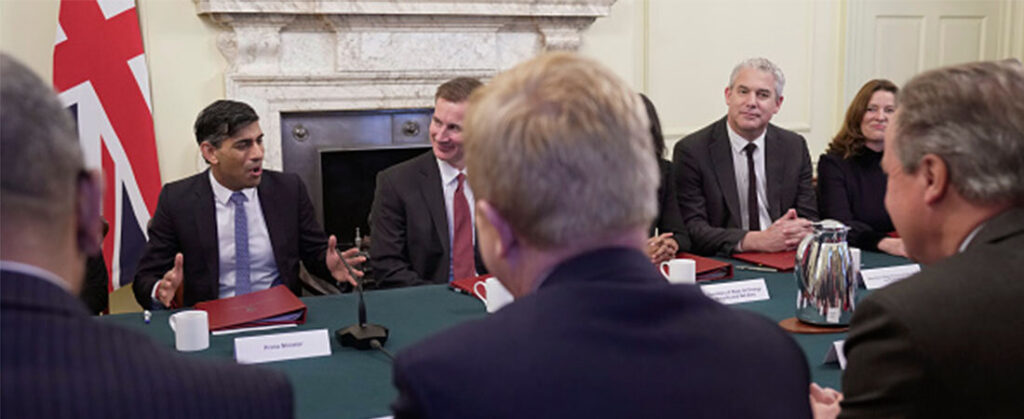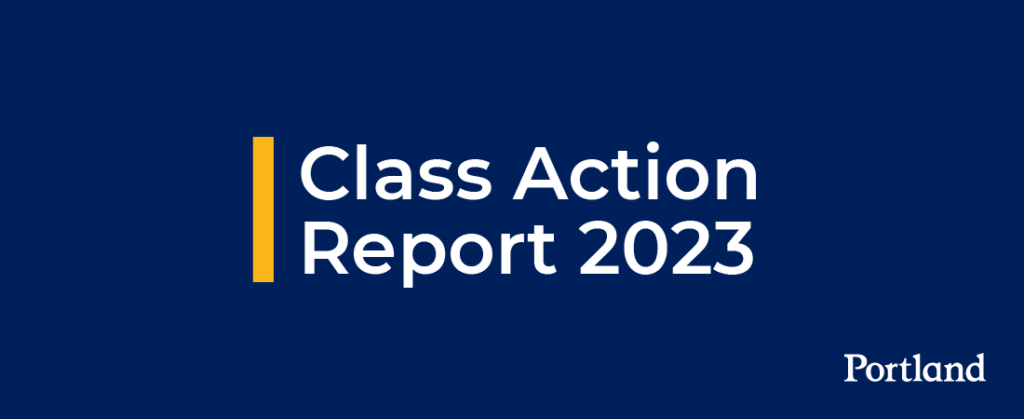It’s said that late medieval Europeans believed that the first diplomats were angels who carried messages between heaven and earth.
In the 19th Century, diplomats operated in conditions of utmost secrecy and supreme formality.
Only after World War II did the ‘usual channels’ begin to open up with more emphasis on public advocacy and the personal relationships between leaders. Diplomats even started to call one another by their first names.
Now, in the 21st Century, the model of diplomacy must evolve once again to reflect a world in which all of us have the tools and ability to become players and participants.
In foreign policy circles, there’s been considerable buzz about digital diplomacy, yet very little understanding of the impact it may or may not be having.
Take the recent G8 Summit – a kind of Glastonbury for diplomats. We analysed data during the run in and out of the meeting to see what role Twitter played in shaping the debate.
Was David Cameron’s agenda of the three T’s (Tax, Trade and Transparency) merely a soundbite or did these messages resonate with key audiences? How many fresh voices are being heard beyond the politicians and celebrities? For instance, in the lead up to Lough Erne there was a relatively low level of tweets until Angelina Jolie joined in to promote her campaign against sexual violence in war zones. Was the Twitter debate around the G8 a truly global one? Our research suggested that the UK and US dominated but reach extended as far as Canada, Mexico and Kuwait. On the broader issue of the role of technology in foreign policy, we have also gathered together three of the most influential voices around.
Portland’s Jimmy Leach was previously head of digital diplomacy at the Foreign & Commonwealth Office. He points out that, for countries like the UK, social media presents a new kind of foreign policy challenge: how do you deal with rogue ideas as well as with rogue states?
Britain’s Ambassador to Lebanon, Tom Fletcher, is a living example a new kind of creature: the Naked Diplomat. As Tom says, future diplomats will need to learn the language of this new terrain in the way he or she has learnt Chinese or Arabic.
Finally, Lovisa Williams from the Digital Diplomacy Coalition in Washington, suggests technology will require the creation of a truly global diplomacy community.
As Q said in Die Another Day; “it’s called the future, so get used to it.”






